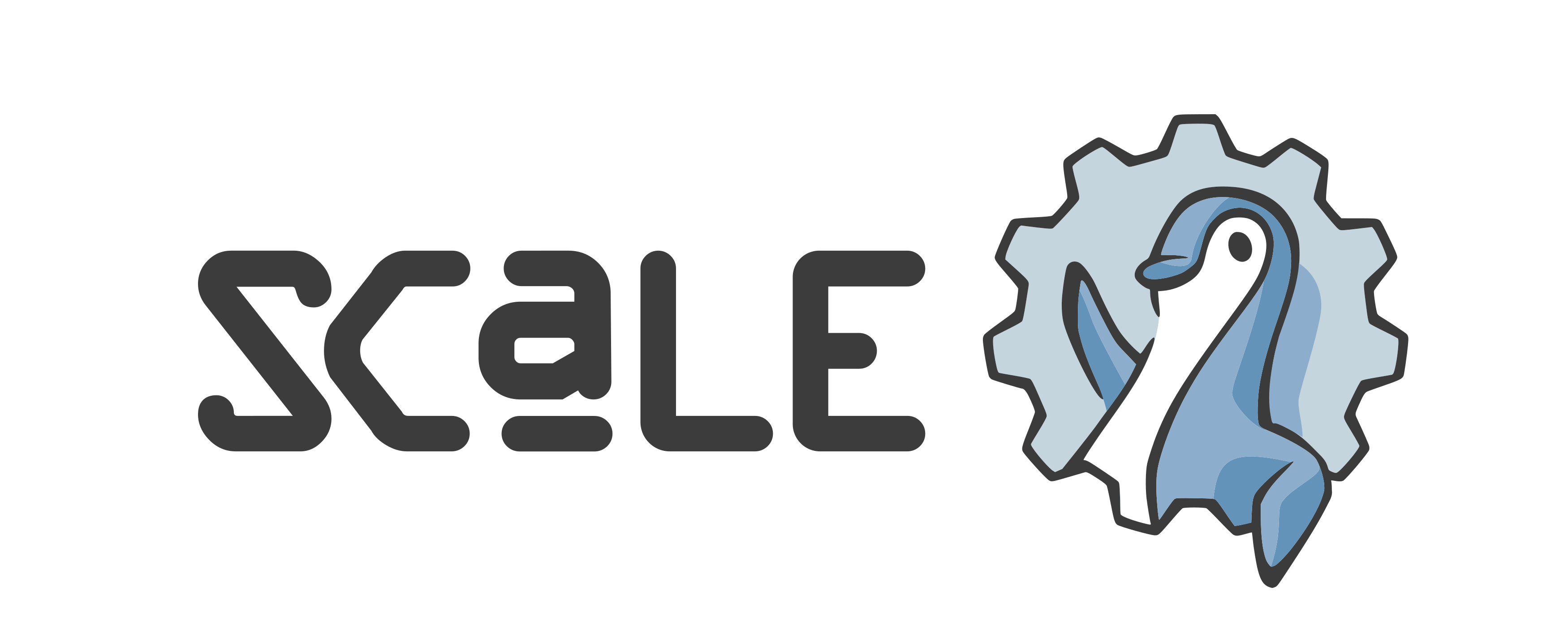Presentations

Understanding table-level locks in Postgres is a quite useful skill as almost all DDL operations require acquiring one of the different types of table-level locks on the object being manipulated. If not managed well, schema changes can result in downtime. In this talk we will explain fundamentals of table-level locking, covering how different types of locks are applied and queued during schema changes. Attendees will learn how to identify and manage lock conflicts to minimize downtime, avoid deadlocks, and maintain smooth database operations, even during high-concurrency schema changes.

Modern day APIs sometimes feel like demos for the main product, but it doesn't have to be that way. Developers continue to innovate by providing new sources of useful data that inspire creative new projects. In this talk, Addison Hart, a reverse engineer and data scientist with experience in geospatial, video game APIs and many others, will talk about what he has learned about making APIs, both from operating them and picking apart existing ones while reverse engineering. He will discuss API latency, quantity, coverage and quality and how these 4 aspects contribute to an APIs effectiveness.

Take the skills you already have to elevate your home automation beyond simple convenience, by automating daily chores or adding smart detection systems.

Meet an attacking MySQL honepot which can “Attack the attackers”. With this atomic honeypot we were able to discover 2 new attacks against MySQL servers. Using arbitrary file read vulnerability in MySQL we were able to download and analyze the attackers' code and then execute an “attack against attackers” using a chain of exploits.

Due to their widespread use and the sensitive data they handle, mobile applications are prime targets for attackers. Ensuring secure coding practices protects user information and maintains application integrity. However, consistently enforcing these practices across development teams is a complex challenge, especially in fast-paced environments where speed often competes with security priorities.

This talk details my journey building a home lab using the TuringPi, Talos Linux, and Kubernetes. Attendees will learn what the TuringPi is, how to flash an operating system to its nodes, how to use Talos Linux to deploy and manage Kubernetes, and how to observe it all with OpenTelemetry. We'll discuss the gotchas of ARM and the TuringPi and what I wish to see released next. All current and future home labbers welcome!

Barbie movie serves as a compelling analogy for understanding CI/CD in software development. Through a structured analysis of key plot points, attendees will gain a deeper understanding of CI/CD concepts and their practical applications in real-world scenarios.


In this talk, We will be discussing our project Bazzite. Bazzite is an open source custom operating system image built upon Fedora Atomic Desktops that brings the best of Linux gaming to all of your devices - including your favorite handheld. It is built with Cloud Native Technology through the use of OCI containers and GitHub. It is built for Linux newcomers and enthusiasts to provide the best user friendly experience for playing your favorite video games. Come see the lessons we have learned and apply them to your project!

Hosting a server doesn't have to cost a ton of money. Normally you'd rent out a tiny portion of a server stack in a building somewhere, paying per month for a server plan, but that doesn't have to be the case. Any device with even a little bit of computing power and access to the internet can be converted into a server, like that old office desktop sitting around just waiting to be dumped. The goal of this session is to talk about the differences between a LAN and a WAN, how servers work, and ultimately provide the knowledge and tools necessary to make your own home server from scratch.

In cloud-native environments, application performance often degrades due to contention over shared resources such as CPU caches and memory bandwidth. Current container technologies do not isolate these resources, which compels operators to maintain low utilization by scaling out their deployments.
This session will show how memory noisy neighbor degrades application performance, survey strategies used in production by Google and Alibaba Cloud to mitigate such performance interference, and discuss community efforts, highlighting the memory-collector observability project.
